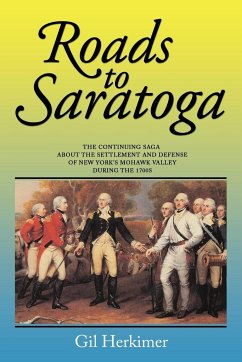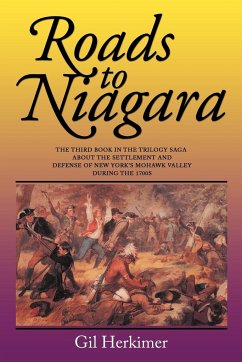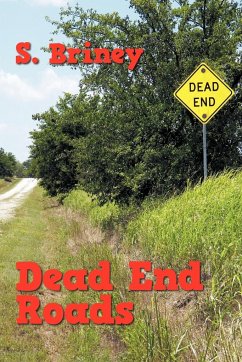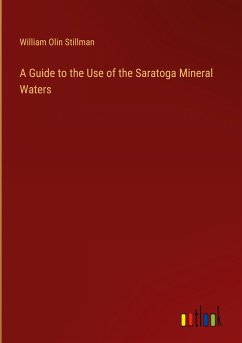Wednesday, August 6, 1777, was the day of infamy for all British Loyalists (Tories), Colonist Rebels, and Indians living in New York's Mohawk Valley. The years of pent-up rage and hatred were all disastrously brought together on that day during the Battle of Oriskany that ended with many Tories, Rebels and Indians entangled in a death grip with each other wherever they fell, many never to be found or buried. Everyone in the "valley" knew that peace could never be reached until both Rebels and Tories were conclusively free from the domination of King Charles III of England or the British completely defeated the Rebels, and returned them as subjects of the Royal Crown. Even if the latter was to occur, the absolute defeat of the British and their Tory supporters could be the only acceptable and ultimate solution. There will always be controversy as to who won the gouging and slashing Battle of Oriskany, as described in my book, "Roads to Oriskany". The greatest tragedy of this battle was that most of the Rebel forces, which included most of German Flats's Committee of Safety, were killed. According to the Committee of Safety, the "flower of our militia are either killed or wounded except one hundred and fifty of the original eight hundred who had left Fort Dayton en route to Fort Stanwix, which stood the field and forced the enemy (British/Tories) to retreat." Historians have agreed that despite the relatively small number of men engaged in the Battle of Oriskany, this encounter resulted in what was "one of the bloodiest and most bitterly fought battles of the American Revolution."
Hinweis: Dieser Artikel kann nur an eine deutsche Lieferadresse ausgeliefert werden.
Hinweis: Dieser Artikel kann nur an eine deutsche Lieferadresse ausgeliefert werden.








